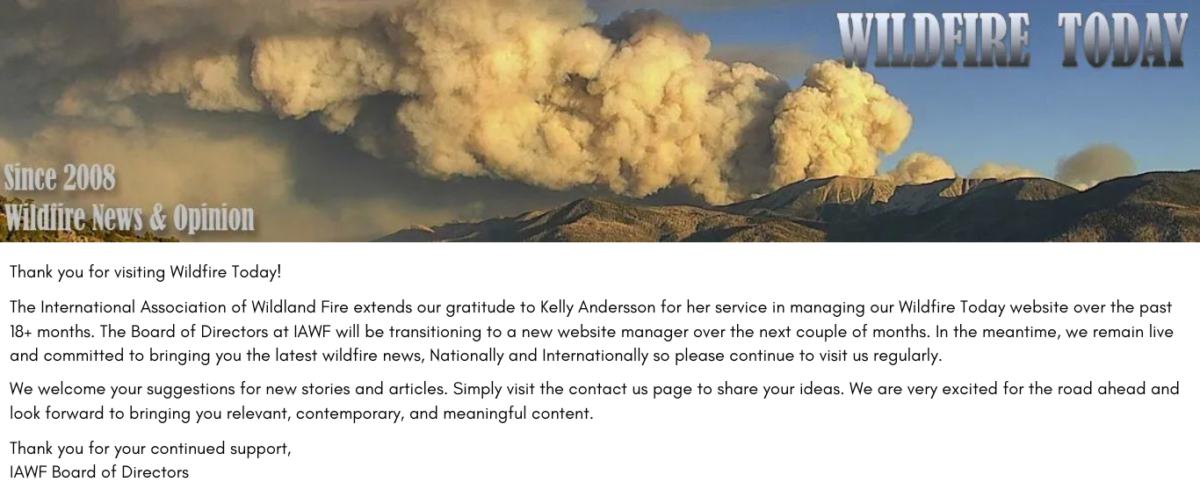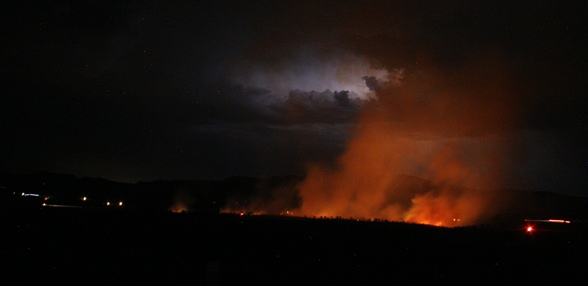A bill has been introduced in Congress that would provide authorities for the appropriate conversion of temporary seasonal wildland firefighters and other temporary seasonal employees in Federal land management agencies to permanent seasonal positions. This would apply to employees who perform regularly recurring seasonal work.
The bill, H.R. 533, has been introduced by Representative Gerald Connolly (D-VA) and has been referred to a committee. In the last Congress, only 11% of House bills made it past committee and 2% were enacted.
We are working on obtaining a copy of the bill and when we receive it we’ll post it here. But it appears to be similar to “H.R. 6306 — Land Management Workforce Flexibility Act” which was introduced in the last Congress by Rep. Connolly on August 2, 2012. Below is an excerpt from that bill which died in committee:
****
`(a) Notwithstanding chapter 33 or any other provision of law relating to the examination, certification, and appointment of individuals in the competitive service, an employee of a land management agency serving under a time-limited appointment in the competitive service is eligible to compete for a permanent appointment in the competitive service under that agency’s merit promotion procedures if–
`(1) such individual was appointed initially under open, competitive examination under subchapter I of chapter 33 to the time-limited appointment;
`(2) the employee has served under 1 or more time-limited appointments by such agency for a period or periods totaling not less than 24 months without an intervening break of 2 or more years; and
`(3) the employee’s performance under such time-limited appointment or appointments has been at an acceptable level of performance during those 24 months of service.
`(b)(1) For purposes of this subsection, the term `successor permanent position’ means, with respect to a time-limited position, a permanent position in the competitive service with the same or substantially similar major duties and qualification requirements in the same major subdivision of the same agency as the time-limited position.
`(2) Notwithstanding chapter 33 or any other provision of law relating to the examination, certification, and appointment of individuals in the competitive service, an employee of a land management agency serving under a time-limited appointment in the competitive service shall be offered any successor permanent position that the agency decides to fill and, upon his or her concurrence, be appointed to such position if–
`(A) such individual was appointed initially under open, competitive examination under subchapter I of chapter 33 to the time-limited appointment;
`(B)(i) the job announcement for the time-limited position stated that there was potential for the position to become permanent; or
`(ii) the employee’s first time-limited appointment by such agency occurred before the date of enactment of this chapter;
`(C) the employee has served under a time-limited appointment or appointments in a position or positions in such agency with the same or substantially similar major duties and qualification requirements as the successor permanent position for a period or periods totaling not less than 24 months without an intervening break of 2 or more years; and
`(D) the employee’s performance under such time-limited appointment or appointments has been at an acceptable level of performance during those 24 months of service.






